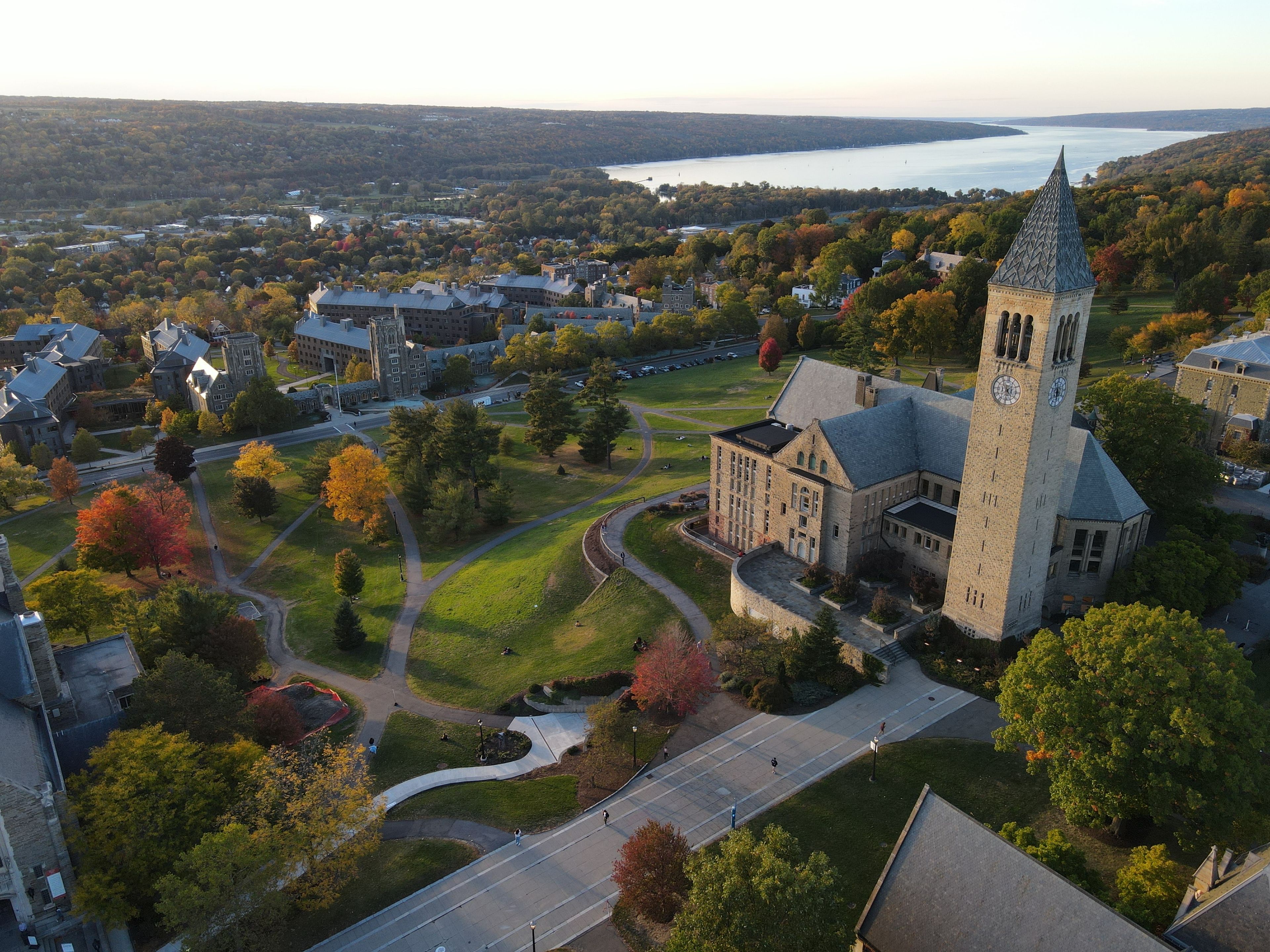5 Research and Summer Programs at Cornell

Hosting Institution
Polygence
Online/In Person
Online
Cost
Starting at $2895
Application Deadline
Jan 19, 2026
Categories
Biology, Business, Chemistry, Computer Sci, Econ, Engineering, Humanities, Medicine, Neuro, Psychology
Hosting Institution
Polygence
Online/In Person
Online
Cost
Starting at $495
Application Deadline
Varies by program
Categories
Biology, Computer Science, Economics, Engineering, Humanities, Mathematics, Other
Other programs
Introduction to Psychology
See websiteSummary
Why are people superstitious? Why do people blush when they are embarrassed? What is intelligence (and are IQ tests a good way to measure it)? Why don’t psychopaths feel guilty when they harm others? How reliable are childhood memories? Why do we laugh? Do violent video games make people act violently? Why do some people seem instantly trustworthy and others seem “creepy”? How do we choose whom to sleep with, date, or marry? How does stress affect our body? While questions like these have been asked for centuries, psychology has begun to provide answers to these–and other questions about the human mind–by applying the tools of scientific investigation. In this course you will receive a broad introduction to the science of psychology: from the history of the field and its major advances, to the latest research on topics such as perception, memory, intelligence, morality, sexuality, mental illness, religion, language, and creativity. You will also learn about the tools and methods psychologists use to investigate the mind, such as observing how the mind of a child changes and develops over time, looking at people across cultures, measuring brain activity, and experimentally manipulating everything from the shape of a figure presented on a computer screen, to the smell of a room, or the attractiveness of the experimenter.
Ecology and Evolutionary Biology
See websiteSummary
This course provides an introduction to ecology, covering interactions between organisms and the environment at scales of populations, communities, and ecosystems. Ecological principles are used to explore the theory and applications of major issues facing humanity in the 21st century, including population dynamics, disease ecology, biodiversity and invasive species, global change, and other topics of environmental sustainability.
Art as Experience: Drawing and New Media Program at Cornell University
See websiteSummary
Students who love contemporary art, but don’t necessarily want to focus on one particular medium, will love Cornell University’s Art as Experience pre-college summer program. Students are guided and mentored by Cornell art instructors and have use of the campus’s spacious studios and state-of-the-art digital equipment as they learn and practice a wide range of mediums that include collage, drawing, digital photography, screen printing, and video installation, to name a few. The program culminates with a group exhibition curated by the program students.
Research Apprenticeship in Biological Sciences (RABS)
See websiteSummary
This program, known as RABS, allows strong, research-oriented students to collaborate on research projects with some of Cornell's top academics and doctoral fellows. Students can spend 40 hours or more per week on a research group, which makes the program difficult. Students prepare oral presentations and written reports suitable for publication at the end of the six-week course
CURIE Academy
See websiteSummary
"CURIE Academy is a one-week residential program for high school girls, specifically rising juniors and seniors, who desire to learn about engineering in the context of an authentic college experience. CURIE Academy seeks to develop literacy surrounding engineering as a major course of study in college, showcase career and graduate school pathways in engineering, and demystify the admissions process."
Want to start a project of your own?
Click below to get matched with one of our expert mentors who can help take your project off the ground!